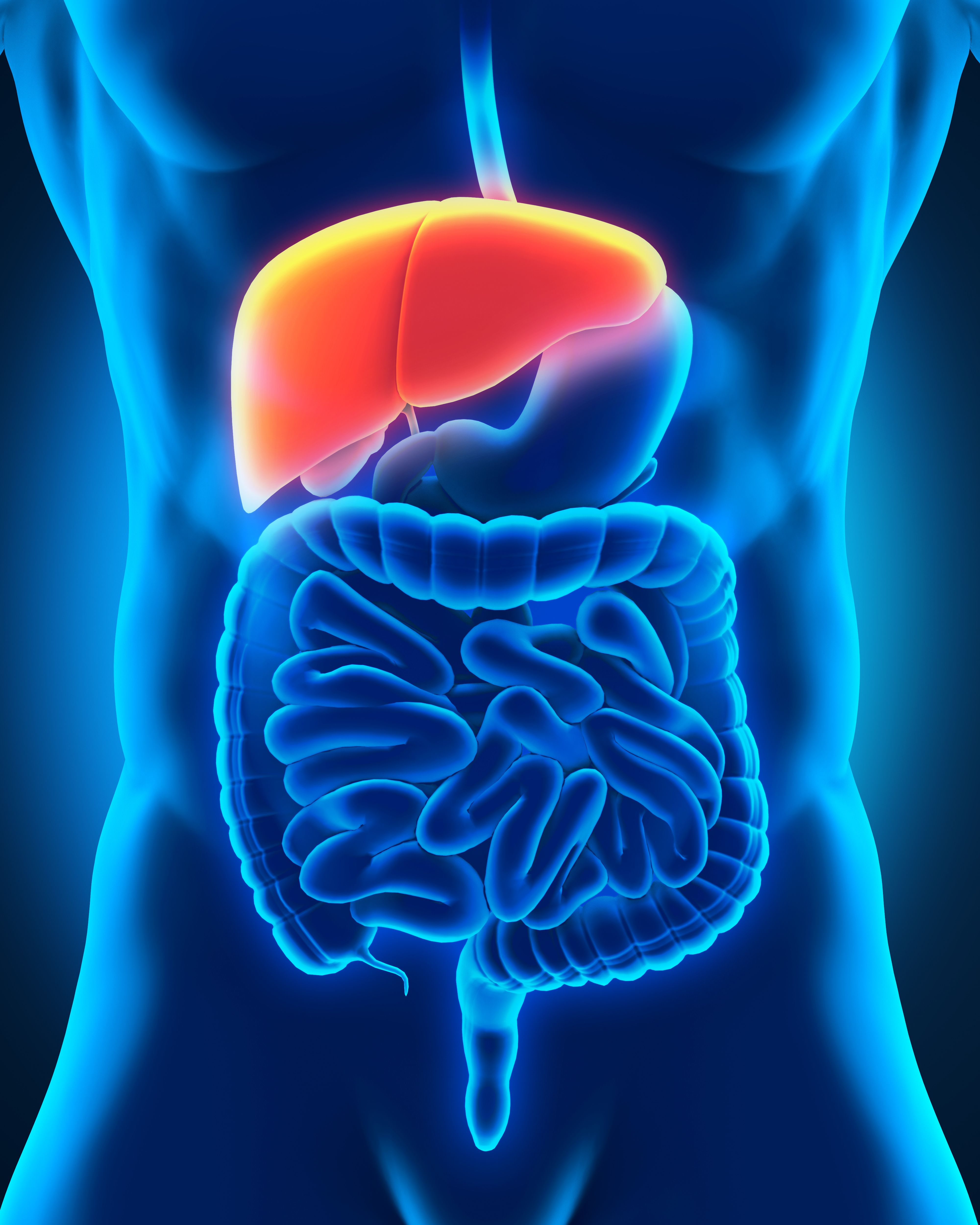Tremelimumab Plus Durvalumab Shows Promising Activity, Safety in Gastric/GEJ Adenocarcinoma
New findings from the phase 2 INFINITY trial shows promise for tremelimumab and durvalumab in patients with gastric/GEJ adenocarinoma.

Results from the phase 2 INFINITY trial (NCT04817826), pre-operative the combination of tremelimumab (Imjudo) and durvalumab (Imfinzi) was safe and produced encouraging clinical activity in patients with mismatch repair deficient (dMMR) and microsatellite instability–high (MSI-H) Epstein-Barr virus (EBV)-negative gastric or gastroesophageal (GEJ) junction cancer, according to a presentation at the 2023 Gastrointestinal Cancers Symposium.1
In the efficacy evaluable population, the pathological complete response (pCR) rate for patients who were treated with tremelimumab plus durvalumab was 60%, and the rate of major to complete pathological response in those with less than 10% of viable cells was 80%.
“One [patient] had heterogenous proficient and deficient MMR status at surgery, thus highlighting the importance of adequate initial sampling,” presenting author Filippo Pietrantonio, MD, Medical Oncology Department, Fondazione IRCCS Istituto Nazionale dei Tumori, Milan, Italy, said in the presentation.
With a median follow-up of 13.4 months (interquartile range [IQR], 9.7-14.2) months, investigators observed progression-free survival (PFS) events in 2 patients and 4 death events, which were attributed to progressive disease (n = 1), late surgical complications (n =2), and secondary brain tumor (n = 1).
Investigators of the phase 2 INFINITY trial evaluated tremelimumab plus durvalumab combination therapy among patients resectable gastric or GEJ cancer. Patients received 300 mg of tremelimumab for 12 weeks with 1500 mg of durvalumab every 4 weeks for 3 cycles followed by surgery.
The primary end point for cohort 1 was pCR and negative circulating tumor DNA status following neoadjuvant therapy. Key secondary end points included health-related quality of life during neoadjuvant treatment, disease-free survival, OS, safety and surgical morbidity, and exploratory and translational analyses.
From May 2021 to February 2022, 18 patients enrolled and began study treatment. Of these patients, 1 withdrew consent after 1 cycle and 2 refused surgery. Fifteen patients were evaluable for the primary end point, 14 of whom underwent radical surgery and 1 had progressive disease and did not receive radical surgery.
Of the total population, the median patient age was 71.5 years (IQR, 65-80). Additionally, most patients were male (67%), had an ECOG performance status of 0 (67%), and had gastric cancer (78%). Most patients had T3 disease (56%), N2 disease (50%), and no bulky tumors (78%).
In an analysis of exploratory end points, the pCR rate was 17% (n = 1/6) for those with T4 disease and 89% (n = 8/9) for those with stage T2 or T3 tumors (P = 011). Investigators also reported no correlation between pCR and N status. Moreover, PD-1 combined positive score was not associated with outcomes, and tumor mutational burden demonstrated a non-significant trend towards correlation with pCR.
The most common any-grade immune-related adverse effects (AEs) included pruritus (22%), thyroiditis (22%), hepatitis (17%), and skin rash (17%). Investigators observed several events of grade 3 or higher AEs including hepatitis (n = 1), colitis (n = 1), and pneumonitis (n = 1).
“The global quality of life was preserved during the neoadjuvant phase [of treatment],” Petrantonio said regarding findings from the quality-of-life end point.
REFERENCE:
Pietrantonio F, Raimondi A, Lonardi S, et al. INFINITY: a multicentre, single-arm, multi-cohort, phase II trial of tremelimumab and durvalumab as neoadjuvant treatment of patients with microsatellite instability-high (MSI) resectable gastric or gastroesophageal junction adenocarcinoma (GAC/GEJAC). J Clin Oncol. 2023;41(suppl 4):358. doi: 10.1200/JCO.2023.41.3_suppl.358








